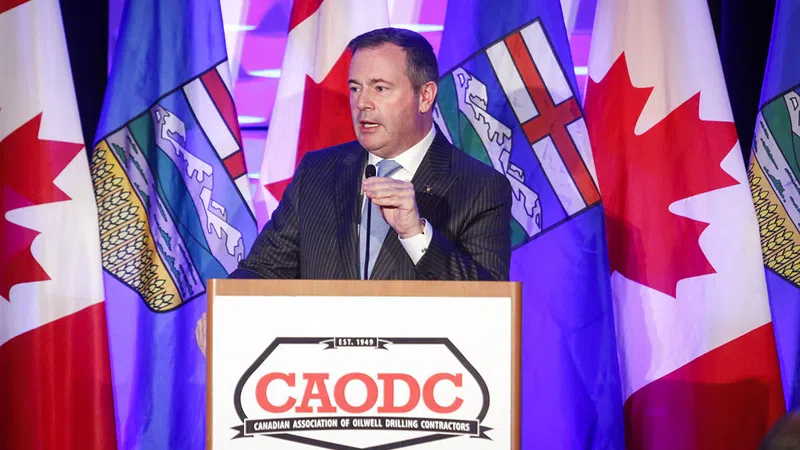
Premier vows to fight for oilpatch as drillers forecast almost no growth in 2020
Premier Jason Kenney vowed Wednesday to keep fighting for Alberta’s slumping oil and gas sector as the industry unveiled another disappointing drilling forecast and criticism surfaced from an unlikely source, the Swedish central bank.
A sold-out crowd applauded several times as Kenney listed his government’s pro-industry moves and ended a 30-minute lunch hour speech with a stinging rebuke of Bloc Quebecois Leader Yves-Francois Blanchet’s most recent criticism of Alberta’s oil economy.
“These are very challenging times and I know that is felt more in the service sector amongst drillers and contractors than perhaps any other part of Canada’s energy industry,” he said at the downtown Calgary event organized by the Canadian Association of Oilwell Drilling Contractors.
“You know that the rig fleet is at its lowest levels since 1977, or second-lowest level, and operating days for rigs are at their third-lowest level since 1990. And the workforce in your industry is one-third the size of 2014.”
